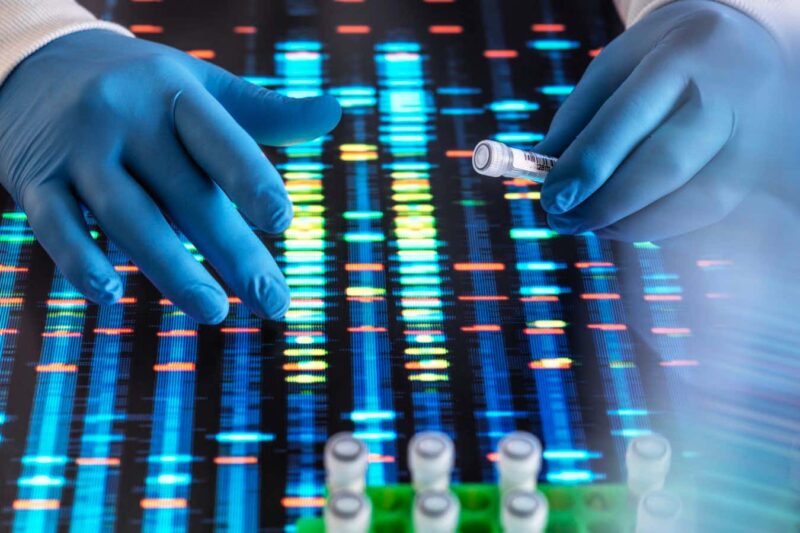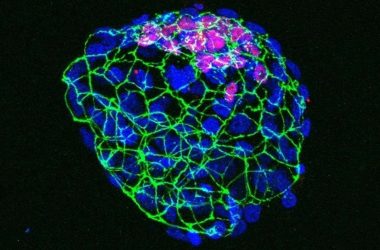Around 20,000 genes that code for proteins have been identified in humans, but the function of many of these proteins is unknown
SCIENCE PHOTO LIBRARY
A database of proteins, known as the “unknome,” has revealed that we still have a vast amount to learn about thousands of human proteins. Furthermore, some of these proteins are crucial for our survival.
The unknome was developed by Sean Munro and his colleagues at the MRC Laboratory of Molecular Biology in Cambridge, UK. The researchers began with the approximately 20,000 genes that are known to code for proteins in humans. They then categorized closely related human genes and proteins together, assuming they have similar functions. This resulted in around 7500 protein clusters.
The next step involved adding closely related proteins from commonly studied animals, such as mice or fruit flies, to these clusters. It was assumed that these proteins have similar functions. Each protein cluster was then assigned a score based on the amount of information available about its members in the Gene Ontology Resource, a primary repository of gene function data.
Even if a specific human protein has not been directly studied, it can still receive a high score if an equivalent protein in another animal has been well-studied. The reliability of the information, such as whether it has been published in a journal, also affects the score. Munro acknowledges that the scoring system is somewhat subjective, but this is an inevitable aspect of trying to assess what is not yet known.
The highest-scoring proteins have scores well above 100. For example, sonic hedgehog, a protein involved in embryonic development, has a score of 168, while p53, a protein that helps prevent cancer, scores 126. However, more than 2200 proteins have scores below 2, 1100 score below 1, and over 800 score 0.
It is possible that these low-scoring proteins have not been studied because they may not play a significant role. To determine their importance, the research team used a technique called RNA interference (RNAi) to reduce the levels of 260 proteins with scores below 1 in fruit flies. In 60 cases, the flies died, indicating that these specific proteins are essential.
Munro notes that this discovery surprised the fruit fly researchers on the team. They had assumed that every potentially significant gene had already been identified, which turned out not to be the case. While the number of unknown proteins is gradually decreasing, Munro hopes that these findings will expedite the process of discovery. Currently, both funding bodies and individual researchers tend to avoid studying unknown proteins due to the risk of them being insignificant.
Munro suggests that there may be biological processes that remain undiscovered simply because people are not actively searching for the proteins involved in them. He points out that this notion may sound surprising, highlighting how only in 2012 did scientists uncover the function of bacterial proteins that serve as the foundation for the CRISPR gene-editing technique.
Topics:








